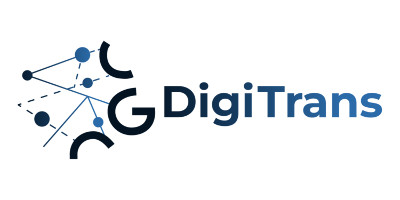



SAXION UNIVERSITY OF APPLIED SCIENCES
2023-04-14
National (participants from different cities)
Virtual call
Netherlands
Online (website, Facebook, etc.)
Public Bodies
2
Interview about the following questions: How can the actual implementation to support digital competences of your target group(s) can be described in your organization/work context. How do you identify the needs of digital competences of your target group(s) (presence) and in the future?
Employees can best be supported through the employer. In this way, it’s possible to better estimate which development needs are necessary to the development needs of the employer. It is important that it is clear to employers that some employees cannot keep up. Working with applications or digital systems can be challeging. Based on the outcomes we shape a development and support process. Employers and employees need to agree on a plan for performance improvement. Example of implementation: We use the Digimeter, developed by the Reading and Writing Foundation. At the employer, we worked out the digital work process and transformed it into a qualitative plan for carrying out the learning process. From here out we created a course focused on digital skills development. Target group: The course is for employees who score too low on the digimeter. We start the course with a training ‘working on and with a tablet’. They learn to work with the tablet. Werkportal.nl is also installed on the tablet. This is their own portfolio with which the progress can be tracked. The follow-up consists of various training courses to develop the digital skills. We do this in 15 meetings. They have constant access to the portals during this period, so that they can also practice at home. The implementation of the learning course lies with Zone College. With sufficient effort and realization of learning objectives, they receive the tablet as an incentive. With this we give them an instrument to keep practicing. The pilot runs in the distribution sector. A second pilot is being started at a traffic school. Challenges in the past In the past, these types of learning paths were very traditional. They were not very successful. The target group is not open to this. They have developed an aversion to classrooms in the past because back then they never really got good grades in school. What’s needed in the future? We need to look at career questions more broadly. Which digital skills are necessary to be able to make a step towards or on the labour market? In the Netherlands we are working towards a Regional Work Centre. The career advice of this consortium towards the target group must be appropriate and clear on what the jobseekers or employees should work on in terms of digital skills. We also need a standard for this.